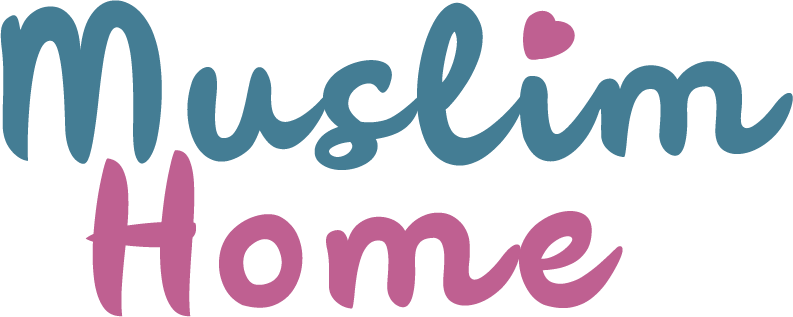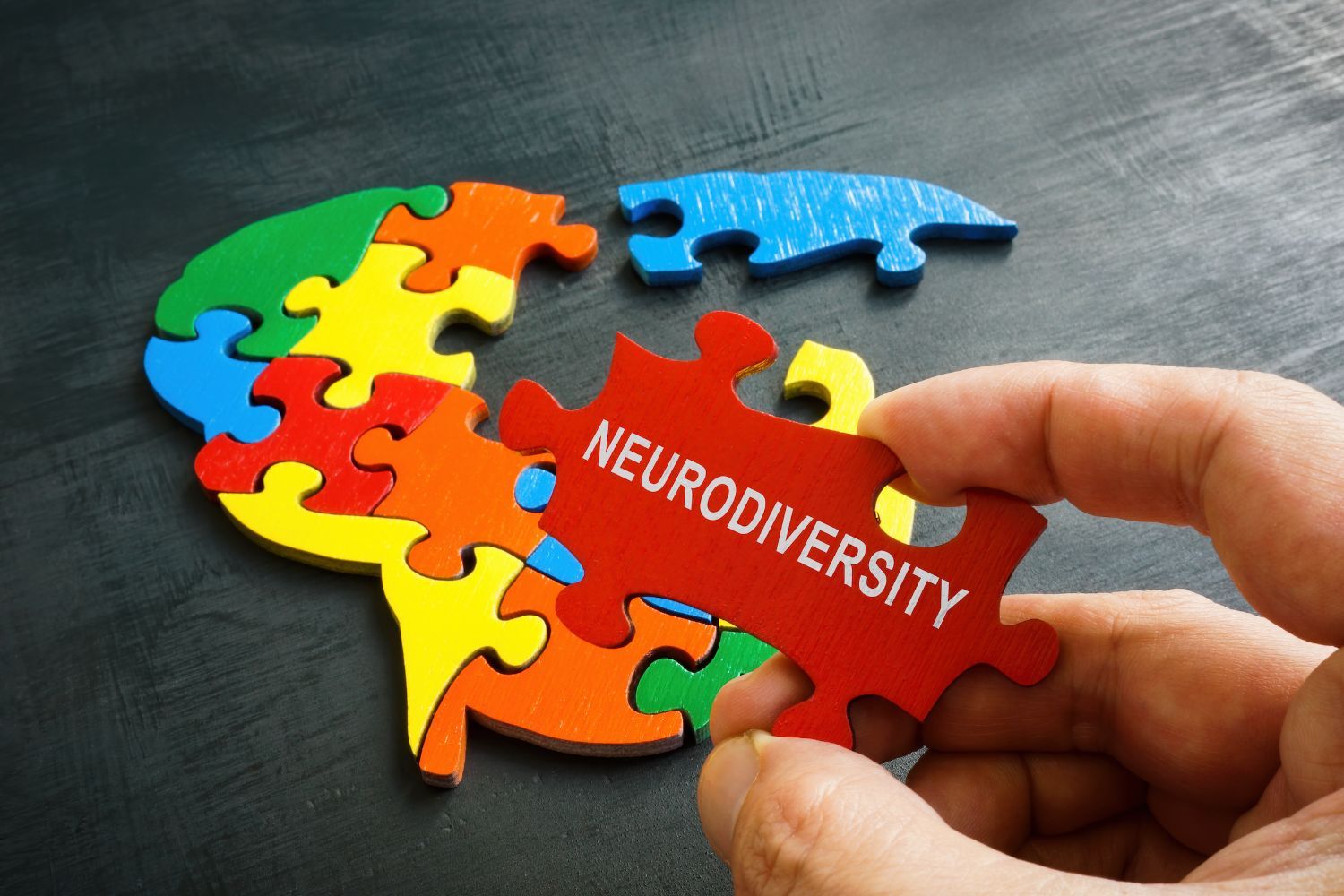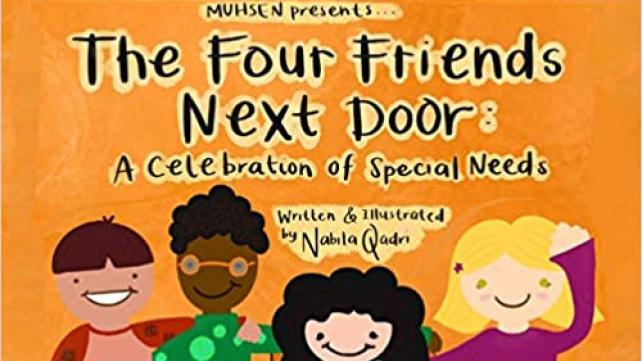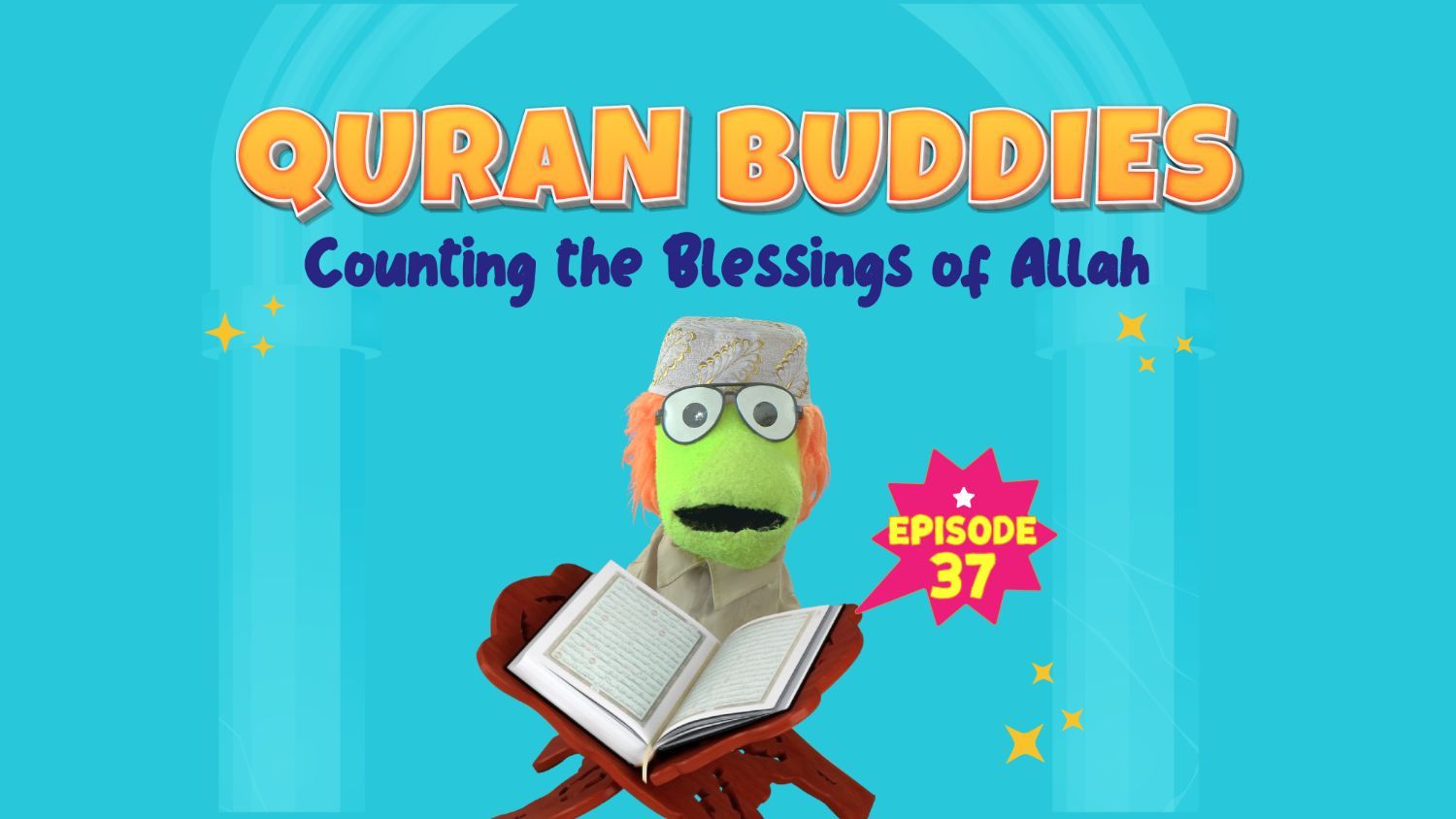|  | Nurturing the Next Generation
Project of Sound Vision |
| |  | Language Matters When Discussing Disability, Divergence By Laura El Alam In the United States, about 1 in 4 adults live with a disability, which is defined as “a physical or mental impairment that substantially limits one or more major life activities,” according to the Americans with Disabilities Act (ADA). Hence, it is highly likely that we or someone we love are disabled and/or neurodivergent. As well-meaning as we might be, many of us tend to use obsolete or inappropriate words when we refer to them. To be respectful of each individual’s dignity, it is important to remember that language definitely matters. |
| | | Parenting Tip Efforts to recognize the unique abilities and needs of all children are underway in many health care and education systems throughout the country. It is important for parents to know their rights and responsibilities to meet their needs as well, especially for those children who are neurodiverse. |
| |  | What is Neurodiversity? By Tayaabah Qazi In a traditional public education system, there is little room for anyone to veer off the standardized definition of a student who possesses unique learning abilities. Kindhearted and well-meaning educators and policymakers have tried and are still trying to be inclusive of and make the system work for all types of learners. And finally, they have arrived at the correct terminology forged in compassion, inclusiveness, and a better understanding of the inner workings of the human mind. Neurodivergent. |
| | | Inspiration “One of the cruelest tricks our culture plays on autistic people is that it makes us strangers to ourselves. We grow up knowing we're different, but that difference is defined for us in terms of an absence of neurotypicality, not as the presence of another equally valid way of being.” ― Julia Bascom, Loud Hands: Autistic People, Speaking |
| |  | Embracing the Neurodiverse Child By Umm Ahmed The term neurodiversity describes the natural diversity of human brains and minds. Just as there is natural diversity in other physical and biological traits, there are variances in the way individuals think, learn, and process information, too. And these differences impact how they function when it comes to learning, concentration, memory, and more. By embracing and acknowledging the diverse ways in which information is received and expressed, parents, caregivers and educators can create inclusive environments, policies, and practices that take into account the needs and strengths of people with a wide range of neurological conditions. |
| |
|
| | | Islamic Guidance The Prophet, peace and blessings be upon him, addressing all who have illnesses and disabilities, said: “No Muslim is pricked with a thorn, or anything larger than that, except that a hasanah (blessing) will be recorded for him and a sin will be erased as a reward for that.” (Al-Bukhari and Muslim) |
| | | Strategies for Your ADHD Learner By Melissa Barreto Attention Deficit Hyperactivity Disorder or ADHD can be an often misunderstood label. According to the Centers for Disease Control and Prevention, there were 6 million children diagnosed with ADHD from 2016-19. Despite how common ADHD diagnoses are in the United States, many parents, educators, and even the children diagnosed don’t truly understand the breadth or depth of what it means for a child to live with ADHD or how to support them. |
| |
|
| |  | Book Review: The Four Friends Next Door By Wendy Díaz Get ready to go on an adventure with The Four Friends Next Door! This children’s picture book produced by MUHSEN (Muslims Understanding & Helping Special Education Needs) introduces us to Kareem, Sofia, Farhan, and Sakina, four children with unique needs. This happy quartet are neighbors who often play outside their homes together and return before it gets dark. Until one day when they get lost after venturing out too far into a nearby forest. Panic sets in but is short lived when each friend uses his/her unique talents to help them out of a scary situation. |
| | | Interesting Details It is important to know the facts about the extent of neurodiversity in our community. - Out of the approximately 7.8 billion humans on earth, a significant number of people – an estimated 15-20 percent of the world's population – exhibit some form of neurodivergence.
- Some sources estimate that of the 15% of the population who are neurodivergent, 50% of those are unaware.
- That means those individuals are largely going without support, language to explain their experience, or accommodations that they're entitled to in the workplace.
For more details, see Types of Neurodiversity: Understanding How People See The World. |
| | |  | Quran Buddy Series: Counting the Blessings of Allah! Adam contemplates on an ayah from Surah An-Nahl that reminds us that we can never fully count all of the blessings from Allah! (1:54) Check out more of our Quran Buddy series. These short videos are a great way to acquaint your children with guidance from the Quran one ayah at a time! |
| | | | | Sound Vision offers LOTS of options for summer learning and FUN! |
|  |
|
| 💝 Muslim Home subscribers are treated to a discount! 💝 Use coupon code MuslimHome15 for a 15% discount on all of our children's classes! |
|
|
| |  | The Sound Vision Foundation has been a trusted source of Islamic knowledge for more than 30 years. Our work with the world-renowned puppets Adam and Aneesah pioneered creative programming for Muslim children, encouraging them to learn about and love their religion. We continue to bring sound content and engaging programs that stimulate minds, touch hearts, and strive to fulfill our mission of raising better Muslims, better neighbors, and better citizens. This latest effort is designed to support and empower Muslim parents to do the same. |
| | | | |
|
| |
|
|